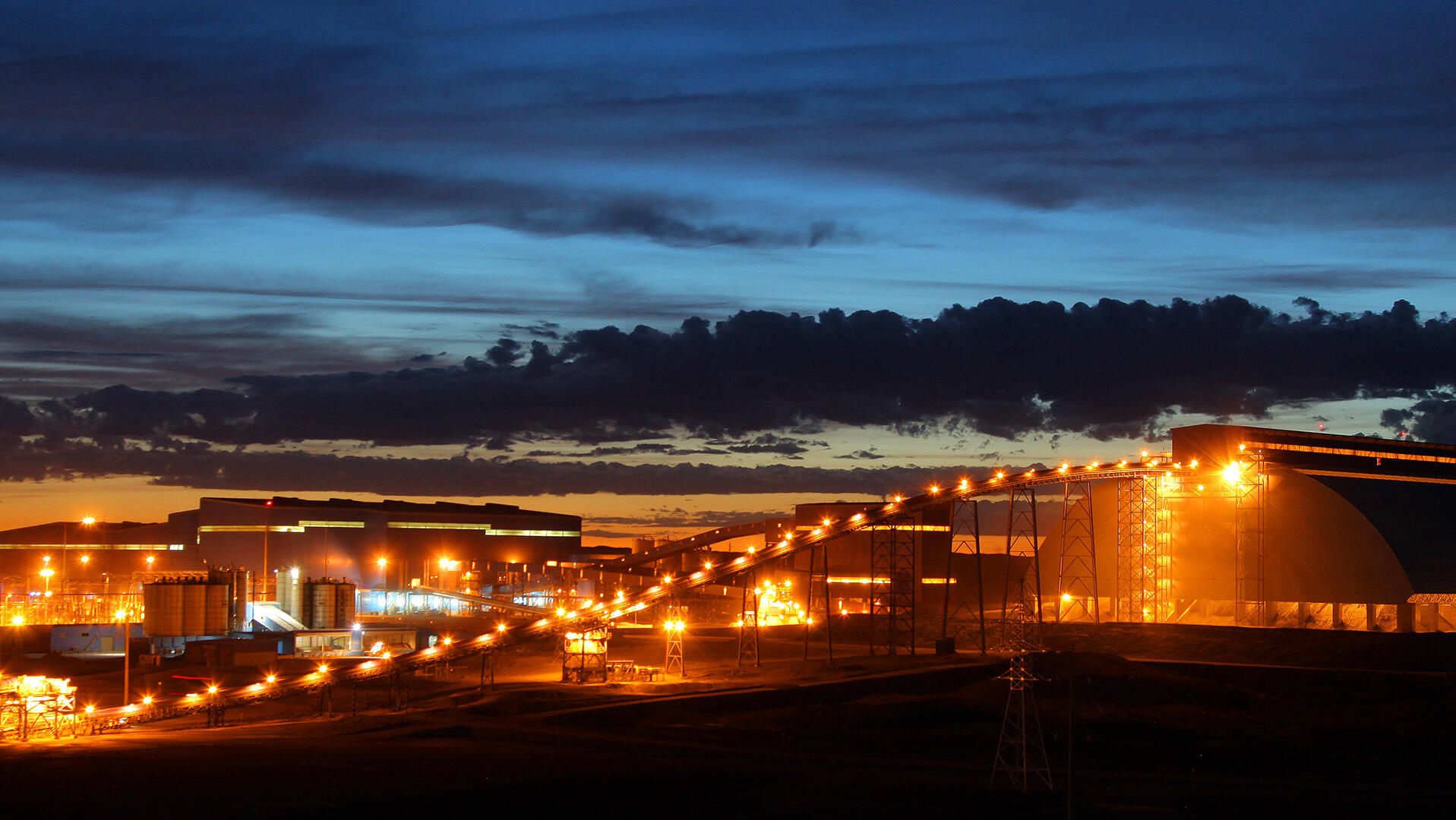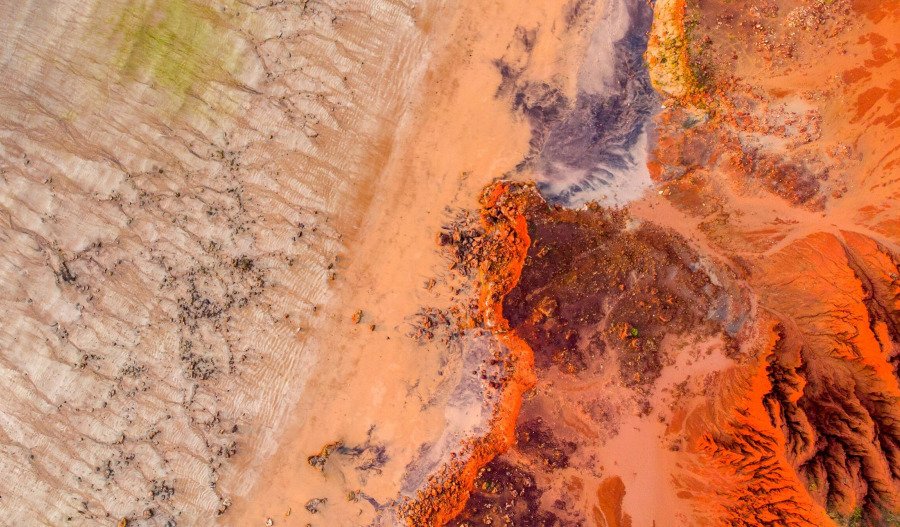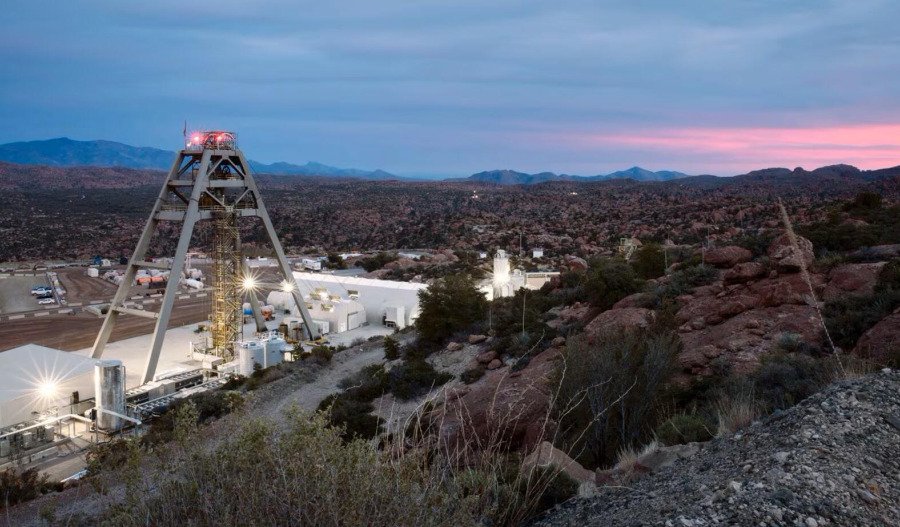Rio Tinto (ASX : RIO) has agreed to pay US$138.75 million to settle a class action lawsuit that accused the mining giant of systematically misleading investors about the true state of its troubled Oyu Tolgoi copper-gold project in Mongolia.
The preliminary settlement, filed Wednesday with the United States District Court in Manhattan, ends allegations that Rio concealed massive delays and cost blowouts at what was supposed to be the crown jewel in its copper portfolio.
The lawsuit represents shareholders of Montreal-based Turquoise Hill Resources between July 2018 and July 2019, when Rio controlled a majority stake in the project.
Investors allege that Rio and then-JV partner Turquoise Hill fraudulently assured the market that Oyu Tolgoi was "on plan" and "on budget" while the underground expansion was already falling up to 2.5 years behind schedule and running US$1.9 billion over budget.
The case gained particular traction following allegations from whistleblower Richard Bowley, a British national who worked as Rio's head of strategic projects in Mongolia between 2017 and 2019.
Bowley claimed he first alerted company executives to problems at Oyu Tolgoi in February 2018 and continued to raise concerns until his contract was terminated in March 2019 - just four months before Rio publicly announced the delays and cost overruns.
Rio subsequently settled with Bowley for an undisclosed amount in 2020 after he launched an unfair dismissal claim against the miner.
The latest settlement also resolves claims against former Rio CEO Jean-Sebastien Jacques, who stepped down in March 2021 following a string of operational and reputational disasters, including the destruction of sacred Aboriginal sites at Juukan Gorge.
Long running issues
Oyu Tolgoi has been a thorn in Rio's side since development began in earnest around 2010 and has been plagued by technical challenges, political disputes, and environmental concerns since its inception.
What started as a US$4.6 billion project ballooned to >US$10 billion raising eyebrows in Ulaanbaatar where the Mongolian government holds a 34% stake in the venture.
The mine, in the Gobi Desert ~550km south of Mongolia's capital, sits on one of the world's largest copper-gold deposits, with estimated reserves of 80 billion pounds of copper and 45 million ounces of gold.
Tensions with Mongolia's government reached a boiling point in the late 2010s over debt arrangements and profit-sharing, whilst local nomadic herding communities complain of restricted access to water and pastureland in the arid Gobi region.
Full control
Rio moved to simplify the ownership structure in 2022, buying out the remaining 49% of Turquoise Hill for US$3.3 billion. This gave it complete (66%) control over the operation, with underground production kicking off in March 2023.
Despite a settlement, Rio maintains that it did nothing wrong. Rio says the deal was concluded “without any admission by Rio Tinto or the individual defendants” and was settled to eliminate "uncertainty, burden and cost of litigation," according to a Rio spokesperson in the court papers.
With copper demand expected to surge driven by electrification and renewable energy infrastructure, Oyu Tolgoi remains strategically critical to Rio's future.
Find out more: Mission Critical: Rio's copper, lithium growth horizon



